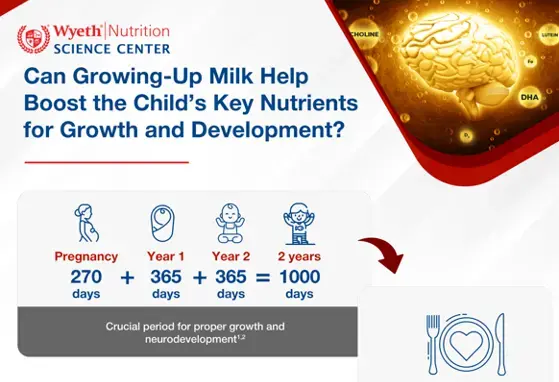[Guideline Summary] Summary of Royal College of Obstetricians and Gynaecologists (RCOG)
![[Guideline Summary] Summary of Royal College of Obstetricians and Gynaecologists (RCOG)](/sites/default/files/styles/header_image_article_mobile/public/2019-11/image12_0.jpg.webp?itok=5tzwS4Aj)
The newly published RCOG patient leaflet outlines recommendations on healthy eating and vitamin supplements to support the health of both mothers and babies.
Keeping healthy when you are having a baby depends on both the amount and the type of food you eat before you become pregnant and during your pregnancy.
Background:
Both the quantity and the type of food a woman eat before and during pregnancy are essential to healthiness throughout pregnancy. The newly published RCOG patient leaflet outlines recommendations on healthy eating and vitamin supplements to support the health of both mothers and babies.
Quick summary of recommendations:
Tips to eat healthily:
Need of extra vitamins during pregnancy
- 13 important vitamins include the vitamin B series, vitamins A, C, D, E and K
- Many multivitamin tablets for use during pregnancy that contain a small amount of lots of vitamins are safe to take.
- Women should avoid taking large doses of Vitamin B supplements (other than folic acid), vitamins A and E unless for a particular medical reason
- They are essential in pregnancy and women can boost their intake by taking a vitamin supplement, for example:
Folic Acid
- The recommended daily dose is 0.4 mg and women are recommended to start taking extra folic acid before conception and continue to take until 13th week of gestation
- Women at risk of having babies with spina bifida are advised to take a daily dose of 5 mg of folic acid:
- Who have had a previous pregnancy affected by spina bifida
- Who or whose partner has spina bifida
- Who are taking certain medications for epilepsy
- Who have coeliac disease or diabetes
- Whose BMI is 30 or more
- Who have sickle-cell anaemia or thalassaemia
Vitamin D
- ALL pregnant women are recommended to take a daily dose of 10 mcg of vitamin D during pregnancy and lactation
- Women who are at particular risk of having a low levels of vitamin D include:
- Whose family origin is South Asian, African, Caribbean or Middle Eastern
- Whose BMI is 30 or more
- Who stay indoors a lot
- Who usually cover their skin when they go outdoors or usually use sun-protection cream
- Whose diet is low in vitamin D-rich foods like eggs, meat, vitamin D-fortified margarine or breakfast cereal
# Women who are in one of the above situations may need a higher daily dose of vitamin D
Reference
The Royal College of Obstetricians and Gynaecologists (RCOG). Healthy eating and vitamin supplements in pregnancy.
WYE-EM-361-NOV-14
If you liked this post you may also like

Infographic - Can Growing-Up Milk Help Boost the Child's Key Nutrients for Growth and development?

The Learning Lead - Volume 2, 2024: "Can Growing-Up Milk Help Boost The Child’s Key Nutrients for Growth and Development?"

Maternal Dietary Intake and Human Milk Composition
